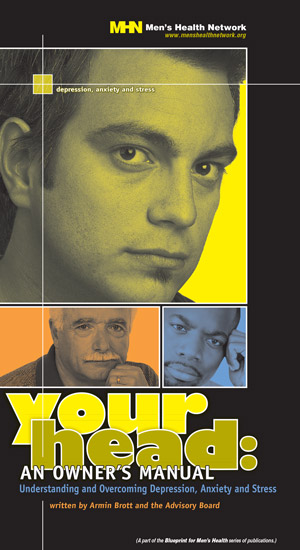Dear Healthy Men: I’m only 5’7” and over my whole adult life, I feel that it’s been harder for me to date than for my friends who are taller than I am. And lately I’ve started to wonder whether there are any other issues, health included, that might affect short men more than taller guys.
A: Nature—actually human nature—seems to have a soft spot for tall men. Given a choice between two equally qualified job applicants, hiring managers will typically go for the taller (6’ and over) one. On payday, taller employees get a fatter envelope. And when you start talking about romantic encounters with the opposite sex, all you have to do is open your eyes and look around to see that women prefer men who are taller than they are (just in case you need science to back this up, one recent study found that in heterosexual couples, the man is taller 92.5 percent of the time, and by an average of 5.6 inches).
Given that, it’s not terribly surprising that researchers at Chapman University in California found that men who are taller than average have as many as three more sex partners over their lifetime than men who are shorter than average. Since, “height is relevant on the mating market,” as David Frederick, the study’s lead author put it, it follows that taller men have more children than shorter men.
If you’re shorter than 5’9”, it might be natural to be a little jealous of all those extra dollars and sex partners that tall men manage to pull in. But be careful what you wish for: being tall may not be all it’s cracked up to be.
For example, while having sex with more women might be nice when you’re young, most men eventually want to settle down. Because they don’t date as much, shorter men tend to get married when they’re a few years older than tall men. But according to a recent study done at New York University, short men—in this case under 5’7”—are 32 percent less likely to get divorced than average-height men. They also have sex more often. Yes, you read that correctly. Short men get lucky more often. There are, of course, a number of possible explanations for that, but one likely candidate is that short men do about 50 more minutes of housework per day on average than tall guys. They don’t call it choreplay for nothing.
Besides having sex more often, being vertically challenged has a number of interesting health benefits. For example, tall people are more likely to get cancer. Researchers at Sweden’s Karolinska Institute found that for every 10 centimeters of height (4 inches) of height, cancer risk goes up 10 percent. Tall men are also significantly more likely to develop blood clots or suffer from heat exhaustion or sun stroke as short men.
Hands down, the biggest benefit of being benefit to being short is the increased lifespan. A number of studies have found that on average, the taller the man, the shorter his life. That rule seems to hold true regardless of the population studied, whether it’s professional baseball players, military veterans, or country of origin. Southern Europeans, who tend to be shorter than Northern Europeans (the Dutch are on average the tallest in the world), have far lower death rates from coronary heart disease and all other causes. And Okinawans, who are among the shortest people in the world, also have the lowest rates of heart disease and the longest lifespans in the world. Overall, compared to men 6 feet tall and over, men under 5’7” live 4.9 more years, and those under 5’5” live nearly 7.5 more years.
Thanks to John Fornander for sharing his work on Unsplash.




Recent Comments